
But first, let me take a selfie
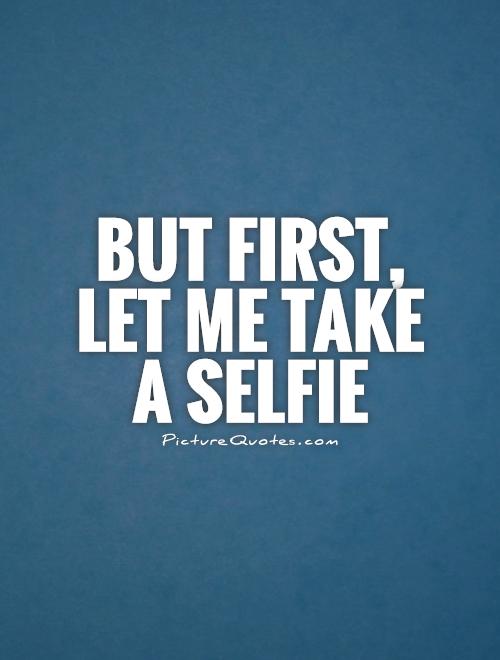
But first, let me take a selfie
In today's digital age, the selfie has become a ubiquitous form of self-expression and communication. The phrase "But first, let me take a selfie" has become a popular catchphrase, often used humorously to indicate someone's desire to capture a moment or feeling through a self-portrait.The selfie phenomenon has exploded in recent years, with social media platforms like Instagram, Snapchat, and Facebook providing the perfect stage for people to share their self-portraits with the world. The act of taking a selfie has become so ingrained in our culture that it has even spawned its own set of rules and etiquette.
But what is it about selfies that make them so appealing? For many, taking a selfie is a way to document their lives and share their experiences with others. It allows people to control how they are seen by the world, presenting themselves in the best possible light. Selfies can also serve as a form of self-affirmation, boosting self-esteem and confidence.
However, the rise of the selfie has also sparked debates about narcissism and self-absorption. Critics argue that the constant need to document and share every moment of our lives can lead to a culture of self-obsession and superficiality. Some even go as far as to say that the selfie is a symptom of a larger societal problem, where people are more concerned with image and appearance than with substance and authenticity.
Despite the criticisms, the selfie shows no signs of slowing down. In fact, it has become a powerful tool for activism and social change. From the #MeToo movement to the Black Lives Matter protests, selfies have been used to raise awareness and mobilize support for important causes.
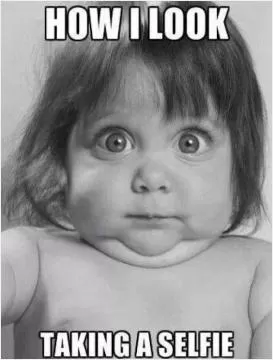
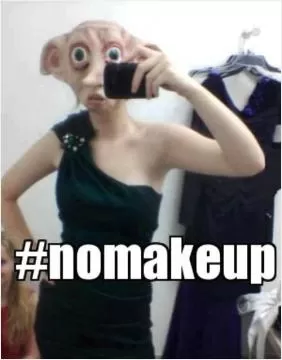
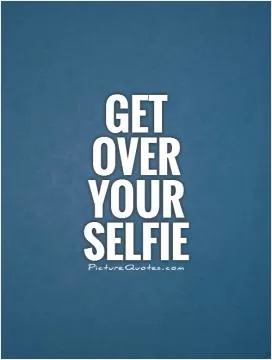
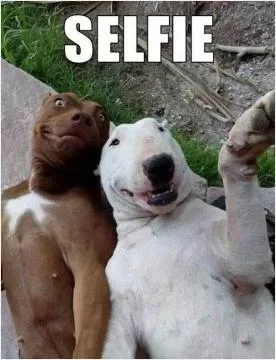
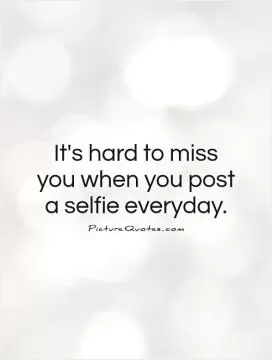

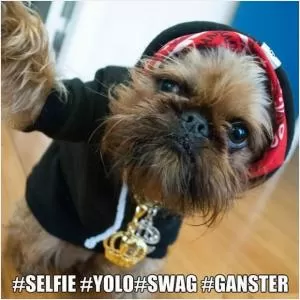
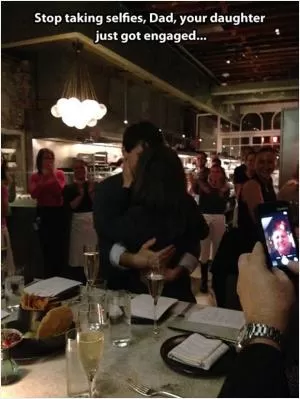
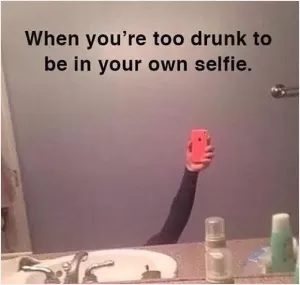

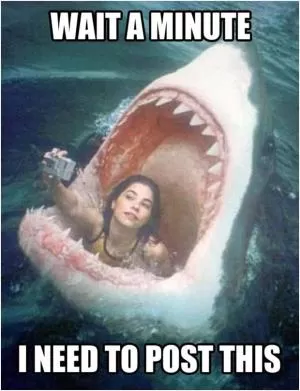
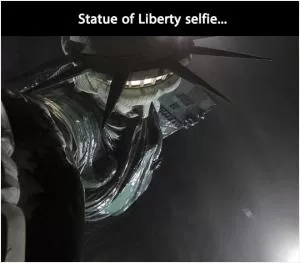
 Friendship Quotes
Friendship Quotes Love Quotes
Love Quotes Life Quotes
Life Quotes Funny Quotes
Funny Quotes Motivational Quotes
Motivational Quotes Inspirational Quotes
Inspirational Quotes